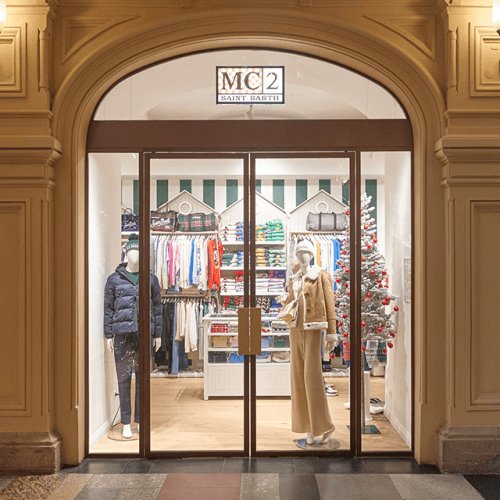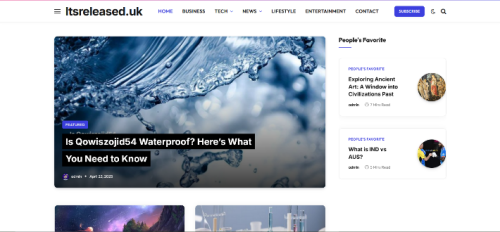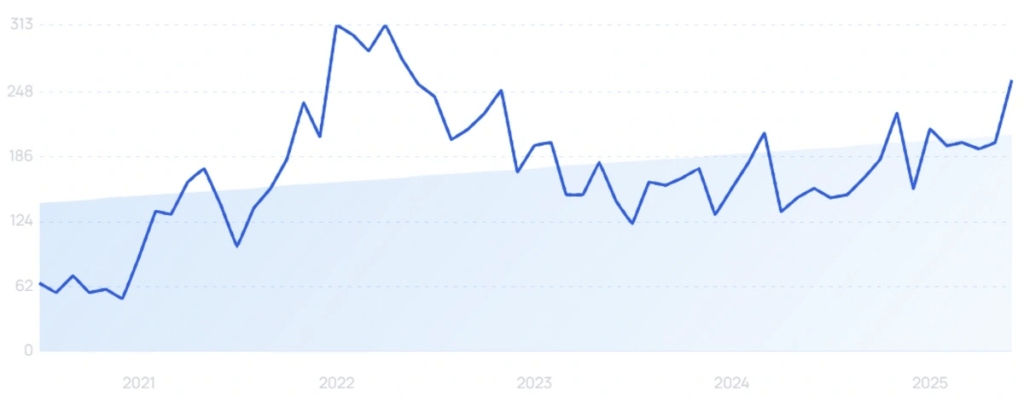Once known primarily for powering cryptocurrencies like Bitcoin and Ethereum, blockchain technology is making a massive comeback, and this time, it’s transcending the financial world. In 2025, blockchain has evolved into a versatile tool reshaping how we manage identity, security, supply chains, and even art. Its ability to create transparent, tamper-proof systems is unlocking innovation across industries, setting the stage for a more secure and decentralized future.
Blockchain’s Second Act: Beyond Bitcoin and Ethereum
The narrative around blockchain has shifted. It’s no longer just about trading digital coins; it’s about building trust-driven ecosystems across different sectors. From healthcare to logistics, governments and enterprises are adopting blockchain for authentication, data sharing, and fraud prevention. This evolution marks a “second act” for crypto, one focused on real-world utility, not speculation. Blockchain’s decentralized nature ensures data integrity and accountability, making it ideal for industries seeking transparency.
Explore how blockchain-based systems are revolutionizing industries beyond finance. It’s time to think bigger than crypto.
Smart Contracts: Automating the Future
Smart contracts, self-executing digital agreements, are one of blockchain’s most powerful innovations. In 2025, they’re automating processes in real estate, insurance, and entertainment. These contracts trigger transactions only when specific conditions are met, eliminating the need for middlemen and reducing delays or disputes. For instance, in property deals, smart contracts securely transfer ownership once payment verification is complete. This efficiency not only saves time but also builds trust through verifiable automation.
Integrate smart contracts into your business workflow to streamline operations and build digital trust.
Blockchain in Supply Chain Transparency
Supply chain management is one of blockchain’s biggest success stories. Brands are using blockchain to trace every product’s journey from raw materials to the end consumer, ensuring authenticity and ethical sourcing. This is especially valuable in sectors like food, fashion, and pharmaceuticals, where counterfeit and sustainability issues persist. Blockchain enables customers to scan a QR code and instantly verify a product’s origin, fostering transparency and brand credibility.
Adopt blockchain tracking to give your customers full visibility into your supply chain’s sustainability and integrity.
NFTs and Digital Ownership Reimagined
While NFTs (non-fungible tokens) started as a digital art trend, their potential now extends far beyond collectibles. In 2025, NFTs represent proof of ownership for digital assets like tickets, certificates, and even intellectual property. Businesses are leveraging NFTs for loyalty programs and limited-edition digital merchandise, while creators use them to secure royalties automatically through blockchain verification.
Discover how NFTs can enhance your digital ownership and open new revenue opportunities.
The New Era of Decentralized Identity
Blockchain is also reshaping digital identity. Instead of relying on centralized databases vulnerable to hacks, individuals can now control their personal data using decentralized identity (DID) systems. This empowers users to share only the information they choose securely and privately. Governments and enterprises are adopting blockchain-based identity frameworks to strengthen cybersecurity and simplify access control.
Secure your data and privacy by exploring decentralized ID solutions. Take control of your digital identity.
Final Thought
The crypto comeback isn’t just about coins, it’s about confidence, connectivity, and creativity. Blockchain has proven its staying power by evolving into a foundation for innovation, transparency, and trust. As industries embrace their full potential, we’re witnessing the dawn of a decentralized era that empowers individuals and transforms systems worldwide.



















